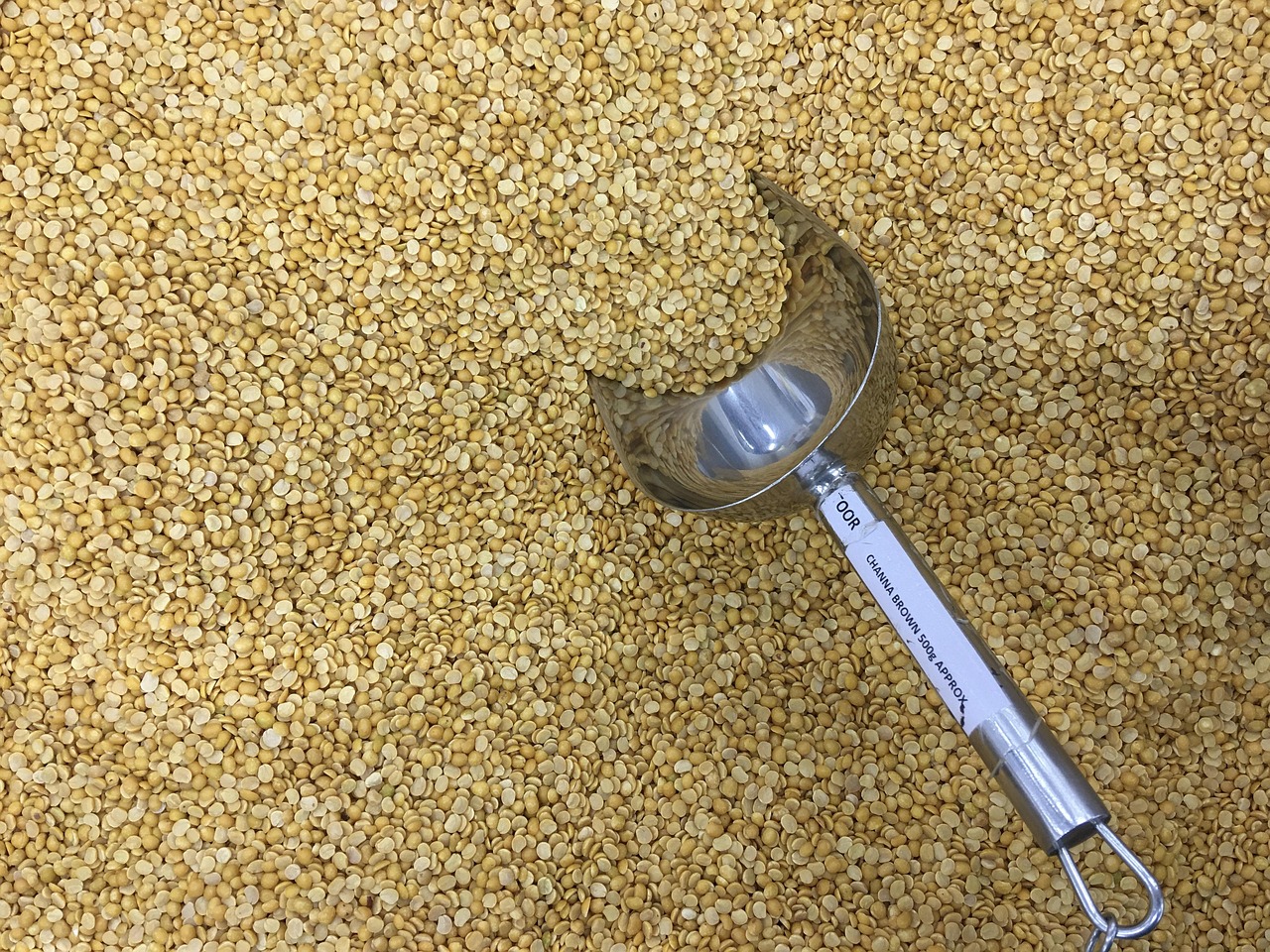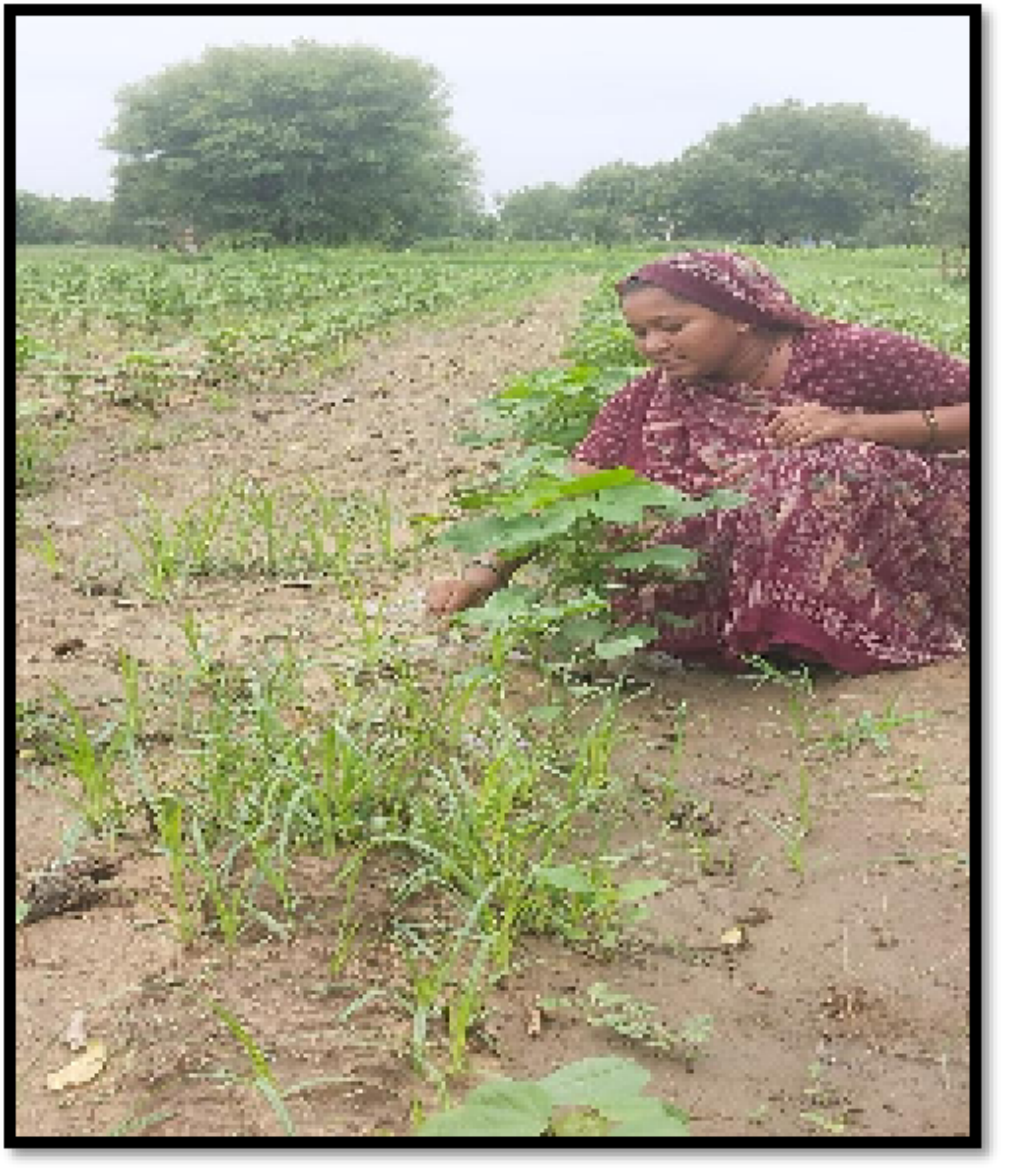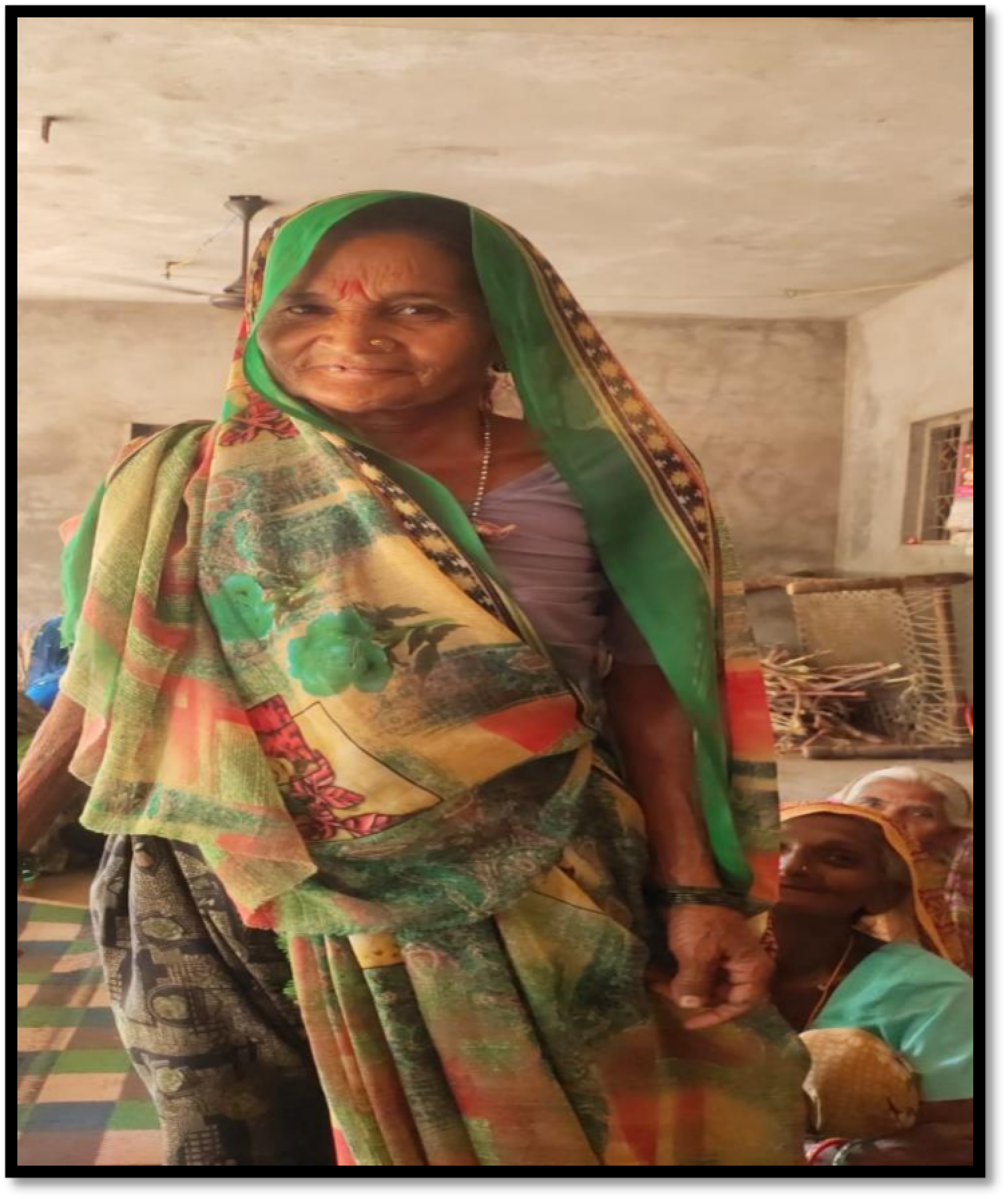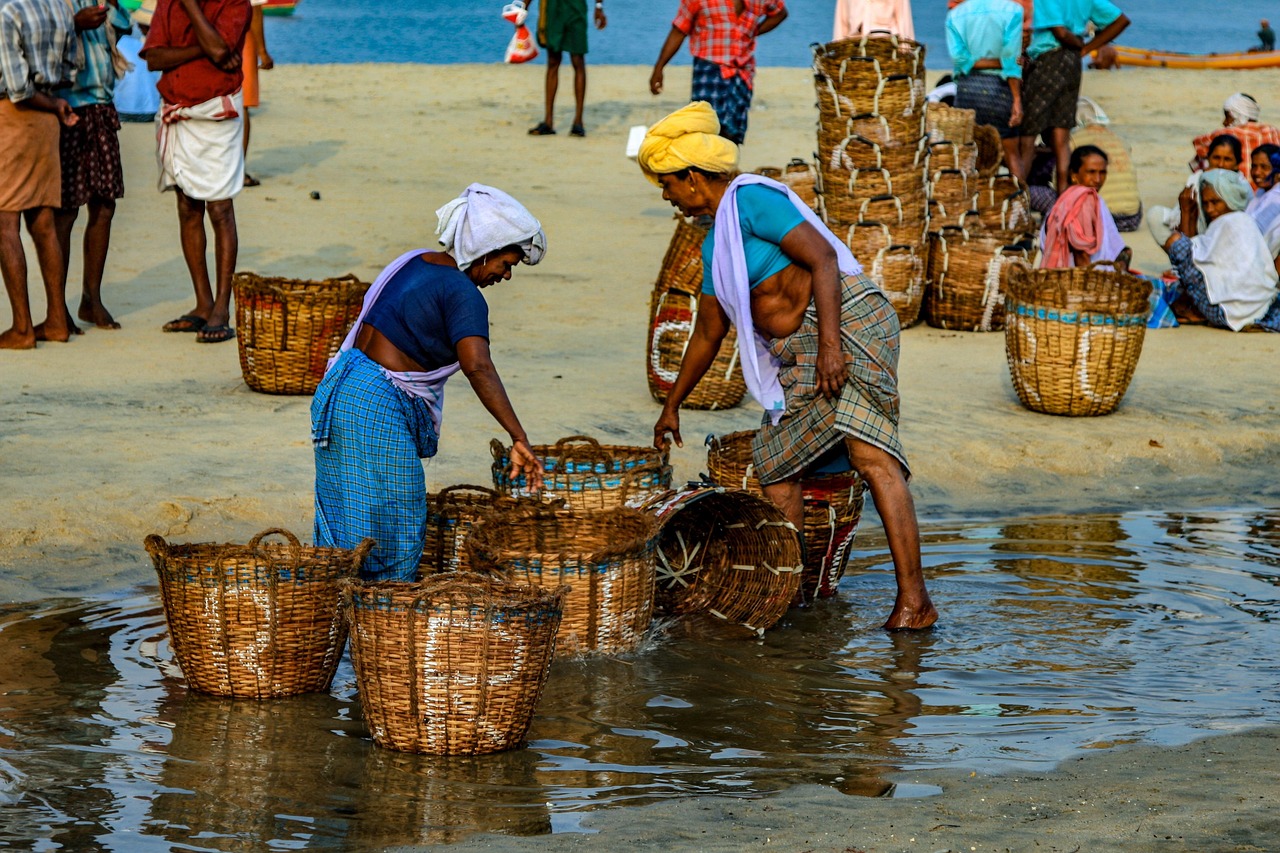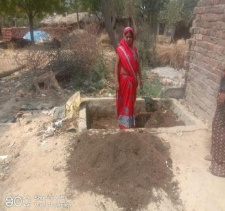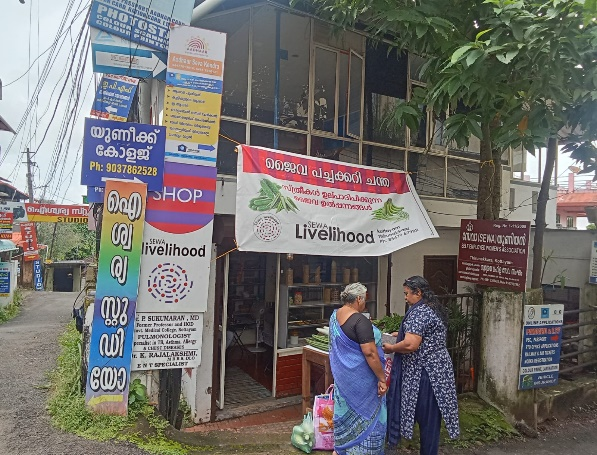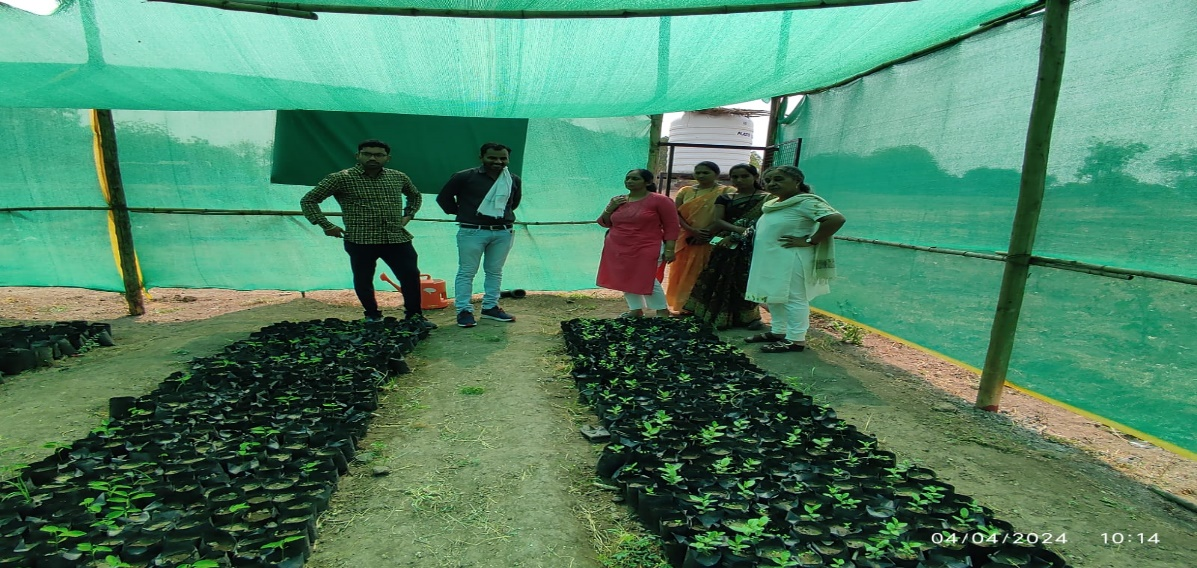The Self Employed Women’s Initiative (SEWA)’s visionary initiative, Kheti Zumbesh, is redefining agriculture by turning farming into an enterprise and […]
In Adaraj village, Gandhinagar, Gujarat, India, Meghaben Ajay Bhai has transformed her farming practices through the Self-Employed Women’s Association (SEWA) with support from the APFP-FO4A program. […]
In Pato village, Dehgam district, Gujarat, India, the wheat farming cluster was established in 2024, bringing together 50 smallholder farmers with average landholdings of 1.5 to […]
In the remote village of Sayra, located in the Kutch district of Gujarat, India, a group of women farmers has […]
Mercy Antony was born in the fishing village of Adimalathura in Thiruvananthapuram district, Kerala, India. She grew up watching her mother, […]
In Shahpur village, Uttar Pradesh, Urmila faced immense challenges in managing her family and livelihood. Married to Nankararam, with four children—three […]
The Women Farmers Market was launched in April 2024 with a clear mission: to provide consumers with healthy, non-toxic, and preservative-free […]
In Madnapur village, Mahur block, Nanded district, Sunita Gandhamwar is not just growing crops—she’s cultivating a better future for her family […]


